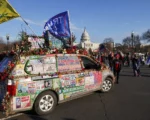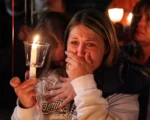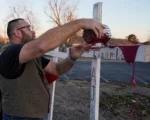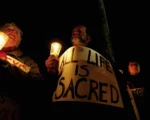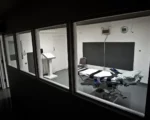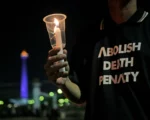Opinion
Unsettling Advent 2023, Day 11
This devotional poses a question ringing through the ages: Will we choose to adopt the values of Herod or the way of Jesus?
Unsettling Advent 2023, Day 10
We live in a time of great precariousness and it is important to be reminded that the only kingdom sure to last is the kingdom of God.
Unsettling Advent 2023, Day 9
Often it doesn’t seem like Jesus was terribly concerned with politics, and certainly not with obtaining earthly power. But he was playing the long game of spiritual, social, and yes, political transformation.
Unsettling Advent 2023, Day 8
Kicking off this week's theme — Advent in a time of political anxieties — Rev. Dr. Kristel Clayville contemplates how changes in our political leadership trickle down to our everyday decisions.
Unsettling Advent 2023, Day 7
Despite the horrors of ancient and current tyrannies, genocidal regimes, profit-driven greed, religious charlatans, social bigots, and political hypocrites, the heart of Advent is that God will not give up on humanity and the world.
Unsettling Advent 2023, Day 6
Rev. Lauren Bennett reflects on her experience with a state execution this year and how faith requires us to bring softness to hard places while opening ourselves to meet Jesus in unlikely faces.
Unsettling Advent, Day 5
Many things have changed since ‘Let anyone among you who is without sin be the first to throw a stone at her’ was written, but not who receives the harshest punishments: those with the least social power.
The Man Behind the Woman (Pastor)
Rev. Angela Denker explores the phenomenon of non-ordained men married to women who are pastors. So simple. So revolutionary. So threatening to many American Christians.
Unsettling Advent 2023, Day 4
Pastor and hospice chaplain Melissa Bowers reminds us that in the long, horrifying legacy of state-sanctioned murder in the United States, a tiny pinprick of light has broken through.
Unsettling Advent 2023, Day 3
Rev. Carlos L. Malavé of the Latino Christian National Network contrasts our propensity for fear and fighting violence with more violence with an alternative reality revealed to us through this liturgical season.


